Top 10 Best Traditional Dances in Nigeria
Description
Top 10 Traditional Dances in Nigeria
Welcome to Displore and thanks for watching. In this video we shall be looking at the top 10 traditional dances in Nigeria. Nigeria, is a country in West Africa, bordering Niger in the north, Chad in the northeast, Cameroon in the east, and Benin in the west. Its coast in the south is located on the Gulf of Guinea in the Atlantic Ocean. The federation comprises 36 states and 1 Federal Capital Territory, where the capital, Abuja, is located. Dance is one of the best art forms for expression in Nigeria. People gyrate in order to celebrate, commemorate or even to prepare for some ritual. When one speaks about the culture of a tribe, interest is in the art, food, music, language, and even cultural dance forms. Historic and traditional dance goes back hundreds and thousands of years. Nigeria has varieties of folk and tribal dances in regions across the country. Traditional dances in Nigeria are also performed as a form of emotional expression, social interaction, or exercise and these dances are sometimes used to express ideas or tell a story.
If you are new here, welcome, be sure to subscribe and turn on notifications so you don’t miss any of our videos.
Nigeria is viewed as a multi-cultural state as it is inhabited by more than 250 ethnic groups, of which the three largest are the Hausa, Igbo and Yoruba. These ethnic groups speak over 500 distinct languages and are identified with a wide variety of cultures and traditional dances as well. There are so many traditional dances in Nigeria but here are the top 10 best ones.
10. The Ukwata Dance
The Ukwata Dance is one of the dances of the Abbi people of Delta State usually performed during the Ukwata Festival. It comes with religious aspects that include dances and rituals to worship the gods. Throughout the festival, women make bonfires to keep evil spirits at bay. Toward the end of the festival, the king or Egwu, Igba and Ukele dancers dress in marine colors and wear costumes representing aquatic creatures like crocodiles, alligators, fish and iguanas. The dance patterns they form represent the origin of these aquatic creatures while suggesting the dance of mermaids.The dance is closely related to the element of water which is why people are dressed in blue and green colors pretending to be fishes, crocodiles and other marine inhabitants.
9. Atilogwu Dance
Atilogwu is a traditionally spirited youth dance from the Igbo ethnic group of Nigeria that focuses on vigorous body movement and often includes acrobatics like flips, high jumps and so on. In the Igbo language, the word itself "Atilogwu" translates into "magichas been put into it". The name stems from rumors that bewitchment or magic potions had to be involved if the children of the village could perform so exuberantly and energetically, while making it look so effortless. The tempo of the dance matches the tempo of the music, which is dependent on the beat of the drum and "ogene," a metal gong instrument.The dance is usually performed during festivals and the festivity will also include exotic dishes created from authentic Nigerian recipes, served in buffet style.
8. The Gese Dance
Gese is a religious dance that originated from the Yorubaland of western Nigeria and gets its name from a type of drum. Its famous sources come specifically from the towns of Okeigbo and Ifetedo in the southwest region of Nigeria. It is grounded in complex drum rhythms that only trained dancers can expertly perform in a way that truly represents the religious customs of the people. The movements represent a holistic view of life that is enshrined in the people’s religious practices. Gese dancing is also used to praise various Yoruba gods, each deity has its own drum beat that dancers move to as they honor their god depending on the occasion.
7. Ikpirikpi ogu Dance (War Dance)
The Ohafia War Dance or ikpirikpi ogu is a popular war dance performed in several parts of Eastern Nigeria. The dance which has its roots from Ohafia is performed by a group of muscular men in commemoration of their strength in fighting and winning wars in the past. According to oral history, the ancestors of Ohafia were renowned to be mighty men of war who were always on the lookout for wars to take part in. The Ohafia warrior tradition which remains one of the fundamental identities of the people of Ohafia is hinged in the performance of ikpirikpi ogu, the practice of beheading a fallen enemy. A human skull is a proof of a man's courage and strength.


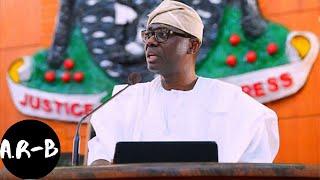
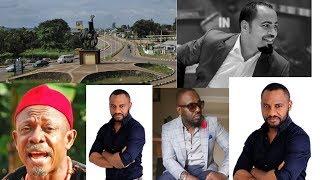


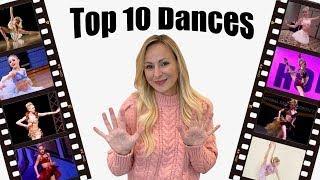






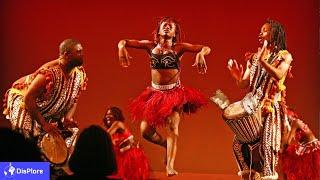

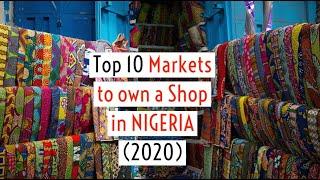





Comments